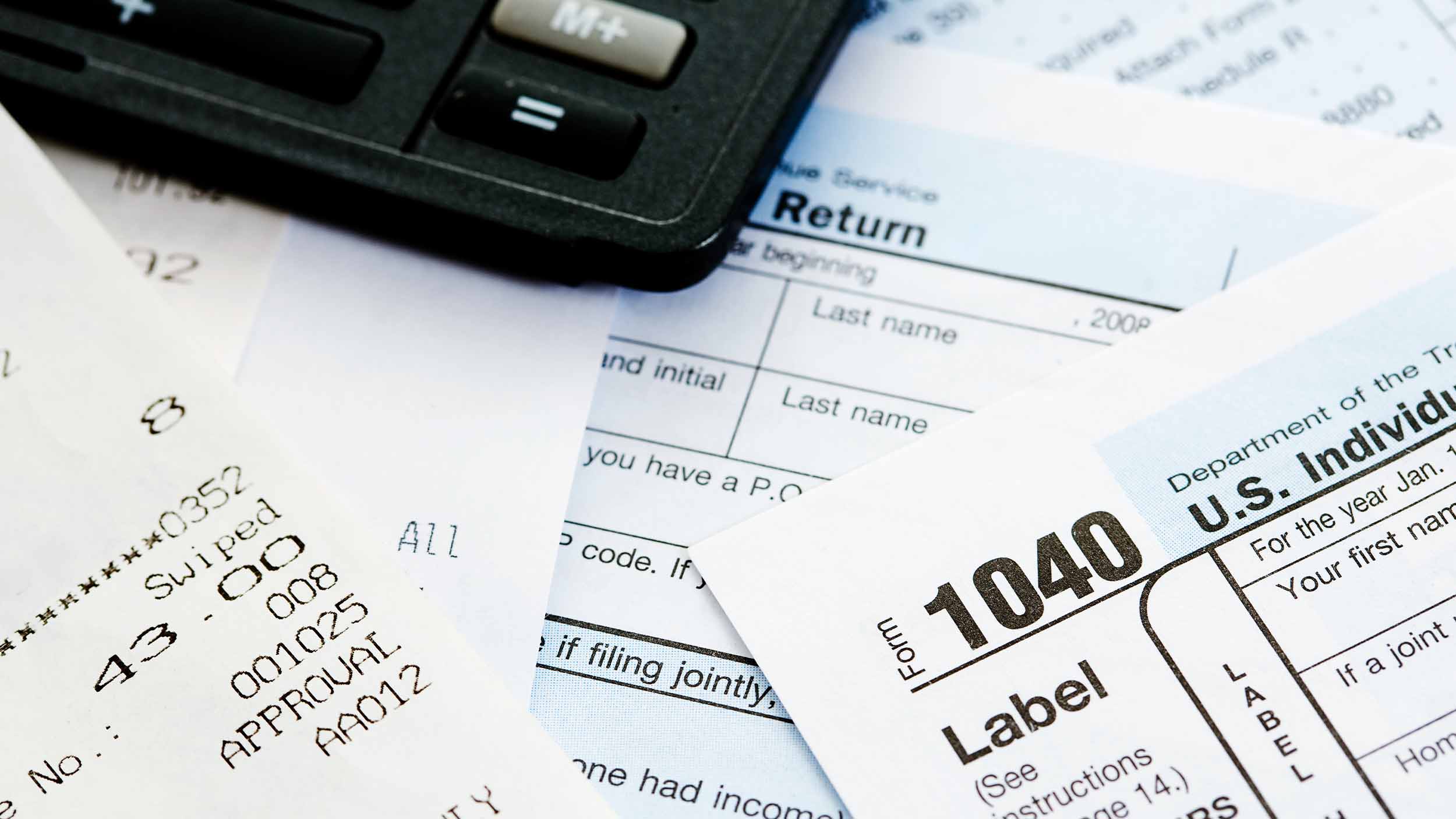What Happens When a Commercial Lease Expires?
Most leases are for a confirmed number of years (or sometimes months).
The agreed-upon duration of the contract is known as the ‘term’ of the lease.
One inevitable question for landlords and tenants is what happens when the term expires or ends.
What are the available options?
Depending on whether a commercial lease is protected or non-protected, commercial tenants may need to vacate business premises immediately, or they might be allowed to stay.
It depends on the type of tenancy, how the tenants occupy the premises, and whether they wish to continue occupancy.
Unless expressly excluded from the lease, the Landlord and Tenant Act 1954 provides ‘security of tenure’ and grants commercial tenants the right to remain on the business premises and to request a new lease.
Whether you — or your commercial tenant — have security of tenure depends on the content of the lease.
What Happens When a Protected Commercial Lease Expires?
At the end of a commercial lease, a tenant must either vacate the property because their lease is ‘unprotected’. Or, if the tenancy agreement is ‘protected’, they have the option to stay.
Unless expressly excluded, a commercial lease is protected under Part II of the Landlord and Tenant Act 1954.
The Act grants commercial tenants security of tenure and automatic rights of renewal.
Essentially, the Act guarantees a right to a new lease.
The tenant can remain until they decide to leave after the lease has expired or the landlord gives them notice.
However, the right to remain under a protected lease can be negated if the tenant has breached the agreement’s terms significantly, such as by damaging the property or failing to pay rent on time.
The legal grounds for refusing a tenant the right to renewal include:
- Repeated failure to pay rent on time
- Renovation, refurbishment or demolition of the property
- Landlord wishes to occupy the property
- Neglect or misuse of the property
- Substantial breaches of the lease
- Landlord offers an alternative property of “a suitable and reasonable standard”
- The lease is for a portion — not the whole — of a property
What About Non-Protected or Contracted-Out Commercial Leases?
A non-protected, excluded, or contracted-out lease does not provide security of tenure and exists outside the purview of the 1954 Act.
There is no automatic right for the tenant to renegotiate or renew a non-protected lease when it comes to an end.
At the conclusion of a non-protected, the landlord may or may not offer a new lease. If the landlord declines to offer a new agreement, the tenant must vacate the property. There are no exceptions to this rule.
The initial tenancy agreement (lease) must contain a clause explicitly stating that the lease is non-protected. Additionally, the landlord should issue a Notice to Exclude Security of Tenure at least 14 days before commencement of the lease.
How Long Can Commercial Tenants Stay After The Lease Expires?
Commercial tenants can often stay in a property after the lease has expired, but only if the lease is ‘protected.’
If the lease is ‘unprotected,’ they must vacate at the end of the term.
A protected lease doesn’t end on the day of the term’s expiry, which is a common misconception.
The tenant can continue to occupy the property under the same agreement until they decide to leave or the landlord serves notice to terminate the contract.
Remaining in a property after the lease expires is termed ‘holding over.’
Holding over means the lease continues on the same terms until the tenant leaves or signs a new tenancy agreement.
If the tenant wishes to stay, they should serve a Section 27 Notice to inform the landlord of their intention. Additionally, the tenant must give the landlord three months’ notice before they can legally terminate the holdover tenancy.
A tenant must meet three criteria to carry on a holdover tenancy. These are:
- The tenant occupies the property solely for business use and pays rent
- The tenant occupies the property exclusively
- There is a fixed-term lease
What Will The Terms Be If Commercial Tenants Stay?
If the lease is protected and the tenants hold over, the terms of the original tenancy agreement stand until the tenants leave, the landlord gives notice to the tenant to vacate, or the terms are renegotiated.
A landlord can serve a Section 25 Notice before the tenancy expires to renegotiate the lease terms.
A tenant can also revise terms by serving a Section 26 Notice.
Section 25 and Section 26 Notices are typically served six to twelve months before the lease expires.
The form and content of Section 25 and 26 Notices are essential to their success.
The forms must be precise to realise the desired intent.
Commercially speaking, the notices should reflect the business and commercial reality of the landlord or tenant’s aim, and any demands should be in line with the market.
Can Landlords Refuse To Renew a Lease?
For a protected lease, the 1954 Landlord and Tenant Act gives the tenant a statutory right to request a new lease on similar terms to the existing arrangement.
If a tenant requests to renew a protected lease, a landlord cannot refuse without detailing specific reasons under the Landlord and Tenant Act 1954 provisions.
Determining whether such reasons are accurate is often contentious. It frequently leads to litigation and disputes.
The landlord can refuse an extended or revised lease by serving a counter-notice. The landlord must issue a counter-notice within two months of receiving notice of intention to renew.
Valid reasons for landlords to refuse the renewal of a protected lease include failure to pay timely rent or a breach of the tenant’s covenant to maintain and repair the premises.
The landlord can also refuse to extend a protected tenancy if they wish to occupy or redevelop the property.
If the lease is unprotected, the tenant has no automatic right to renew, and the landlord is not obligated to extend the tenancy beyond the contracted end date.
The courts are well aware of landlords using a desire to reoccupy or redevelop a property as a pretext to remove the tenants.
Landlords must take expert instruction and prepare well to prove their counter notice attempting to refute the tenant’s entitlement to a new lease.
The courts take the position of protected commercial tenants seriously. Where the 1954 Act has not been expressly excluded, the starting point is that tenants are entitled to a new lease.
Frequently Asked Questions
What Is Security of Tenure?
Under Part II of the Landlord and Tenant Act 1954, commercial tenants with a protected lease can remain in a business property and request a new tenancy agreement under similar terms from the landlord. Landlords typically prefer to let out commercial properties under an unprotected or ‘contracted-out’ lease to remove security of tenure from the tenant, putting themselves in a better position during the renegotiation of a new rental agreement.
Need Advice? Contact Helix Law.
As specialist litigation solicitors, Helix Law typically advises landlords and occasionally tenants in situations where a dispute has arisen at the end of the term of a lease.
If you have served a notice or the term has expired, and the tenant fails to vacate, Helix can help.
Perhaps you’ve served the relevant notices without effect and need to escalate matters.
Helix Law can help resolve the dispute via negotiated resolution or litigation.
Whether you’re a landlord or a tenant, it is advisable to consider your business objectives at least eighteen months before the current term of the lease expires.
As a landlord, if you want to take possession of the premises or renew the lease on more favourable terms — such as with a rent increase — it’s essential to position yourselves to serve a Section 25 Notice six to twelve months before the lease ends.
It’s also vital to maintain evidence in support of any/all notices.
Taking possession requires a statement from the landlord in a prescribed form.
On regaining possession, or as part of the negotiations, it can also be necessary for landlords and tenants to consider the risk of terminal dilapidations — the sums tenants are usually liable to pay under a ‘fully repairing and insuring’ (‘FRI’) lease. Taking this into account can create powerful leverage in any negotiation.
Renewal negotiations can be fraught and lengthy. An independent valuation may be necessary to justify a rent increase.
Sometimes, an agreement can’t be reached, and there is a need to escalate matters to obtain a resolution.
If you’re a commercial tenant, you may wish to remain on the premises, renegotiate tenancy agreement terms, or leave.
Whichever side of the fence you’re on, commercial leases are complex.
It’s wise to seek professional advice if there’s any risk of escalation.
Earlier advice can help avoid disputes, save time, and save money.
Our specialist team at Helix Law advises landlords and tenants on commercial leases across a wide range of sectors and industries nationally.
We do not act for landlords or tenants at the outset of a lease or in non-contentious transactions.
Our involvement and work occur solely at the end of the lease term when something has gone wrong — or might go wrong — to try to maximise our client’s position.
Whatever approach that might require.
Get professional advice from Helix Law today. We aim to respond to all queries in an hour.






